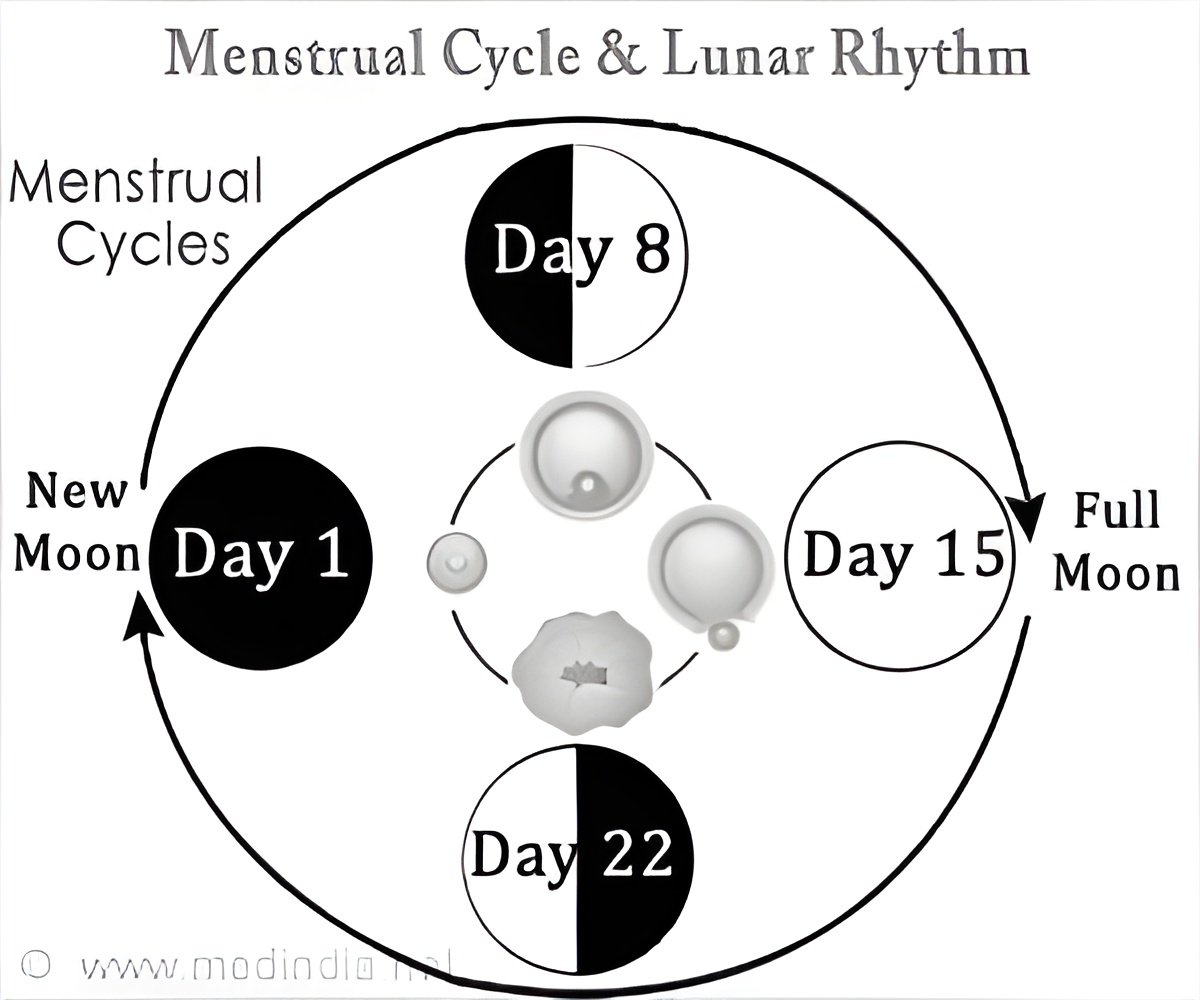The hormonal changes women experience throughout their menstrual cycles may have a significant effect on how they approach and solve problems.

‘Rather than impairing memory in general, oestrogen and progesterone may instead cause the brain to favour one memory system or strategy over another.’





Scientists from the Concordia University in Canada analysed whether oestrogen and progesterone could affect memory and problem solving. "Our research shows that, rather than impairing memory in general, oestrogen and progesterone may instead cause the brain to favour one memory system or strategy over another," said psychology professor Wayne Brake from Concordia University.
For the study, researchers tested 45 women who had regular menstrual cycles. First, participants responded to a 'hormonal profile' questionnaire that gathered detailed information on their periods, past pregnancies, contraceptive and synthetic hormone intake history and general life habits.
The participants were then given a verbal memory task, such as remembering a list of words, as well as a virtual navigation task, such as finding their way through a maze in a video game, that could be solved in several ways.
The result shows that women who were ovulating performed better on the verbal memory task. On the other hand, women tested in their pre-menstrual phase were better at solving spatial navigation tasks.
Advertisement
Essentially, the study shows that the hormonal changes women experience throughout their cycles have a broader impact than previously believed, and have significant effects on how women approach and solve problems.
Advertisement
"Traditionally, researchers and scientists have relied on using male participants and male rats in studies to develop drugs and treatments for the general population. But we now know that women respond differently than men," said lead author Dema Hussain from Concordia.
Source-Medindia









